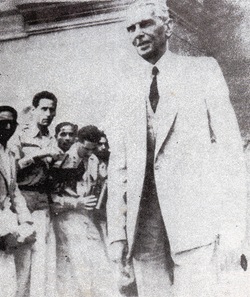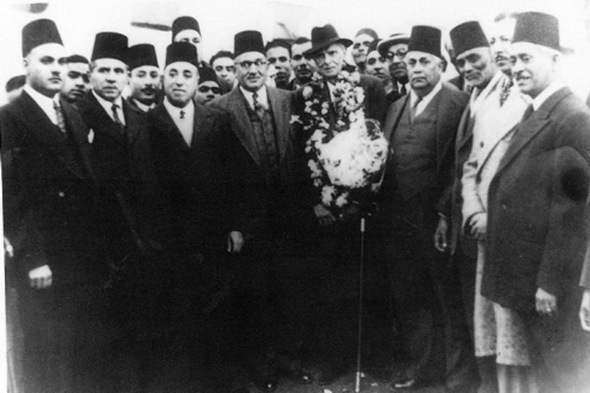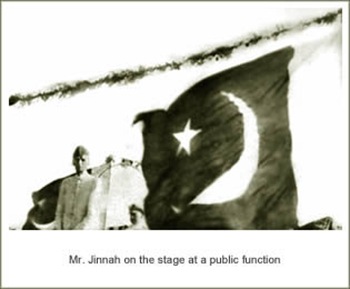 Quaid-e-Azam always believed in and stood for human rights. In pre-Partition period he championed the cause of liberty, freedom of speech and association and other rights. In the Eighteenth Annual Session of the Muslim League held at Delhi in December 1926, Quaid-e-Azam proposed a resolution demanding that the Government of India Act 1919 should be revised and that without delay a Royal Commission be appointed to formulate a scheme so as to place Indian Constitution on a sound and permanent basis with provisions to establish full responsible Government in India.The resolution further demanded that any scheme of the future of Constitution of India should secure and guarantee, among others, the following basic and fundamental principles.
Quaid-e-Azam always believed in and stood for human rights. In pre-Partition period he championed the cause of liberty, freedom of speech and association and other rights. In the Eighteenth Annual Session of the Muslim League held at Delhi in December 1926, Quaid-e-Azam proposed a resolution demanding that the Government of India Act 1919 should be revised and that without delay a Royal Commission be appointed to formulate a scheme so as to place Indian Constitution on a sound and permanent basis with provisions to establish full responsible Government in India.The resolution further demanded that any scheme of the future of Constitution of India should secure and guarantee, among others, the following basic and fundamental principles."Full religious liberty i.e. liberty of belief, worship, observances, propaganda, association and education shall be guaranteed to all communities."
In the famous Fourteen Points formulated by the Quaid-e-Azam on March 28, 1929, point No.7 embodied the provisions relating to liberty, association, education, belief and other fundamental rights and it was demanded that such rights should be guaranteed to all the communities.









